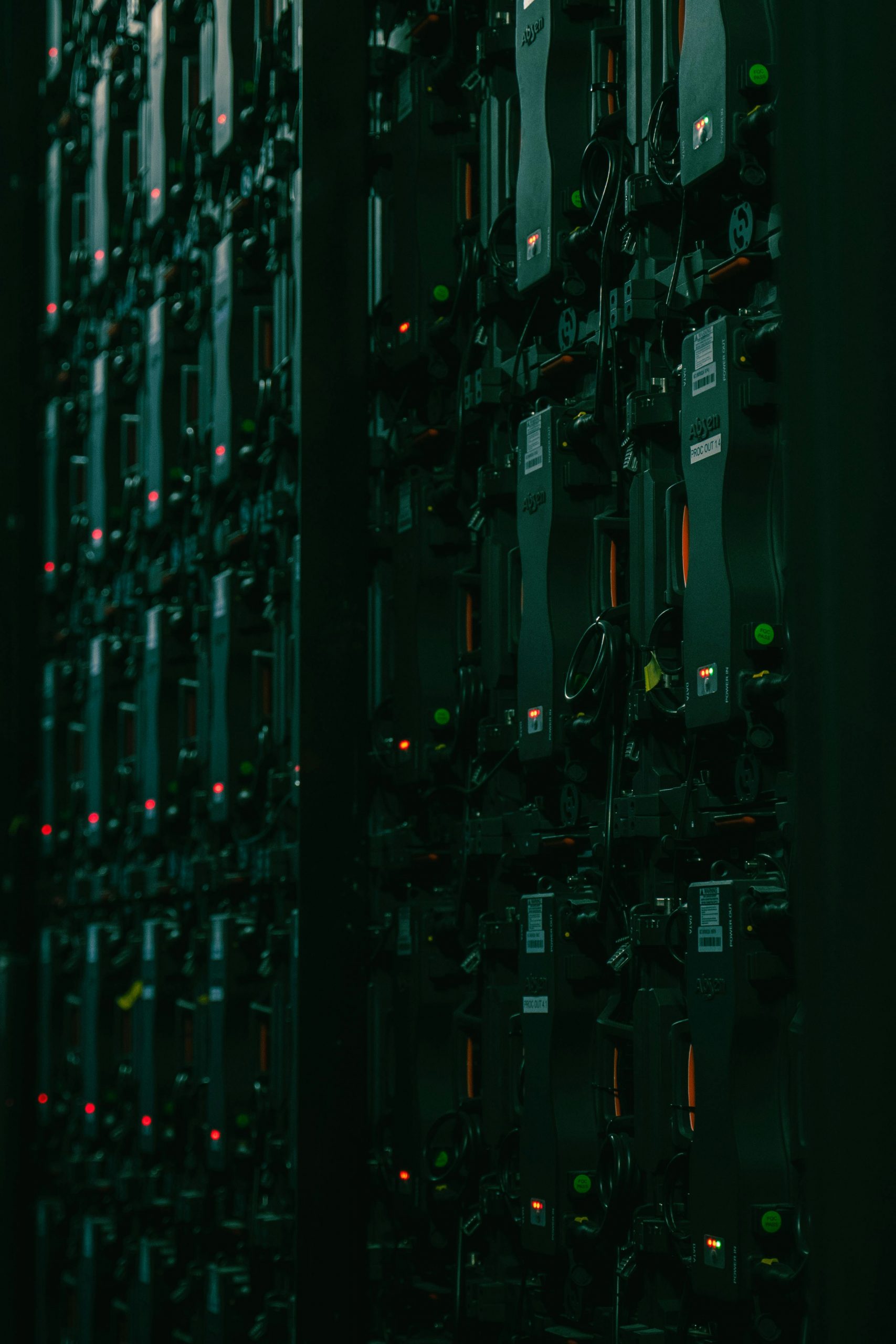Determining the server capacity need is a pivotal decision for businesses, schools, and organizations alike. The dynamic nature of technological advancements, coupled with varying organizational requirements, necessitates a nuanced approach to server selection. This article aims to guide readers through the intricacies of server capacity planning, exploring options such as refurbished and second-hand servers, renowned brands like Dell, HP, Supermicro, and Lenovo. Whether you are establishing an office server, a school server, or a server for your business, understanding your capacity needs is paramount.
Understanding Server Capacity:
- Assessing Current Workloads: Before delving into the world of servers, it’s crucial to assess current workloads. Understanding the nature and volume of tasks your server will handle provides a baseline for capacity planning. This involves analyzing applications, databases, file storage, and any other server-dependent operations within your organization.
- Predicting Future Growth: A forward-thinking approach is essential in server capacity planning. Predicting future growth allows businesses to invest in a server infrastructure that can scale seamlessly with the organization. Consider factors such as expanding user bases, increasing data volumes, and the adoption of new technologies when projecting future server needs.
- Determining Resource Requirements: Each type of server caters to specific resource requirements. Whether it’s processing power, storage capacity, or memory, understanding the resource demands of your applications and workloads is vital. This ensures that the chosen server not only meets current needs but also aligns with future scalability requirements.
Exploring Server Options:
Refurbished and Second-Hand Servers: Cost-effective alternatives like refurbished and second-hand servers are gaining popularity for businesses looking to maximize their IT budget. Refurbished servers undergo rigorous testing and refurbishment processes, making them a reliable choice for organizations seeking affordability without compromising performance. Ref Group Indonesia specialize in providing quality refurbished servers, offering a range of options to suit diverse needs.
- Dell Servers: Dell, a stalwart in the IT industry, offers a spectrum of servers designed for various purposes. When considering Dell servers, businesses benefit from a brand known for reliability, performance, and innovation. Whether opting for new or refurbished Dell servers, the focus on quality remains consistent, making them a suitable choice for diverse applications in an office, school, or business setting.
- HP Servers: Hewlett Packard (HP) is another trusted name in the server landscape. HP servers are known for their robust performance, energy efficiency, and advanced management capabilities. Choosing HP servers, whether new or refurbished, ensures that organizations receive reliable hardware to Suport their server needs.
- Supermicro Servers: Supermicro is recognized for its high-performance server solutions, catering to the demands of data-intensive applications. Organizations with specific performance requirements may find Supermicro servers to be a suitable choice. Exploring the Supermicro lineup can unveil powerful options for businesses, schools, or offices with demanding workloads.
- Lenovo Servers: Lenovo, a global technology leader, provides server solutions that combine performance and efficiency. Lenovo servers are designed to meet the diverse needs of businesses and educational institutions. Whether seeking servers for business applications or educational purposes, Lenovo offers a range of options to consider.
For businesses and organizations operating in Indonesia, navigating the server procurement process requires careful consideration. Choosing an affordable server without compromising on quality is paramount. Ref Group Indonesia specialize in providing cost-effective solutions, including refurbished servers. This approach allows businesses in Indonesia to access reliable server options that align with their budgetary constraints.
Tailoring Servers for Specific Needs:
- Office Servers: Offices often require servers to manage file storage, facilitate communication, and Suport various applications. Assessing the specific needs of an office environment enables organizations to select servers that optimize productivity and collaboration.
- School Servers: Educational institutions have unique requirements, including managing student data, hosting educational software, and Suporting collaborative platforms. Servers for schools need to accommodate these demands while considering potential future growth in student enrollment and technological advancements in education.
- Servers for Businesses: Businesses, especially those engaged in data-driven operations, must carefully evaluate their server needs. Whether it’s running enterprise resource planning (ERP) systems, customer relationship management (CRM) software, or handling large-scale data processing, the chosen server should align with the specific demands of the business.
Determining the server capacity needed is a multifaceted process that requires a deep understanding of current workloads, future growth projections, and resource requirements. Whether considering new servers or exploring cost-effective alternatives like refurbished and second-hand servers, organizations benefit from aligning their choices with reputable brands such as Dell, HP, Supermicro, and Lenovo. For businesses in Indonesia, Ref Group offer accessible solutions, ensuring that server procurement is not only tailored to organizational needs but also remains within budgetary constraints. By adopting a strategic approach to server capacity planning for businesses, schools, and organizations can build a robust IT infrastructure that Suports every unique objectives and paves the way for future success.

